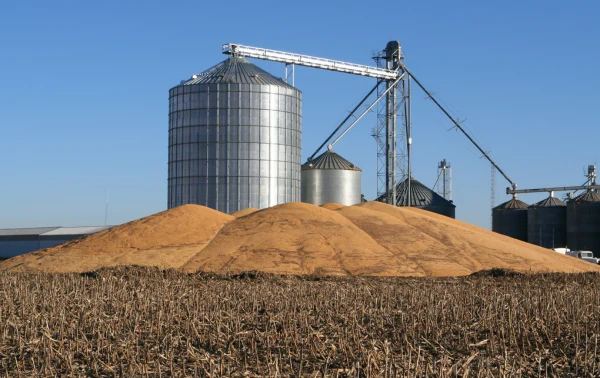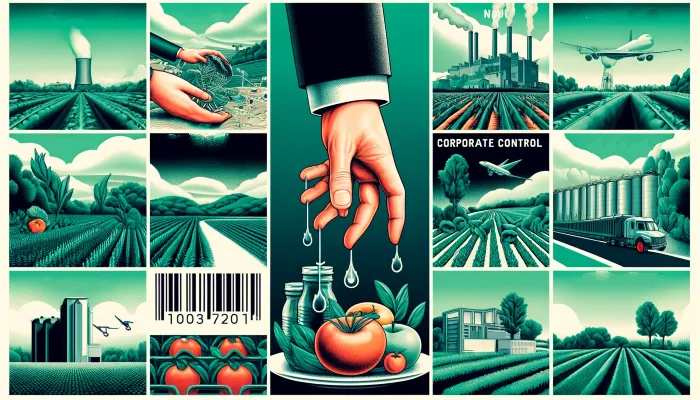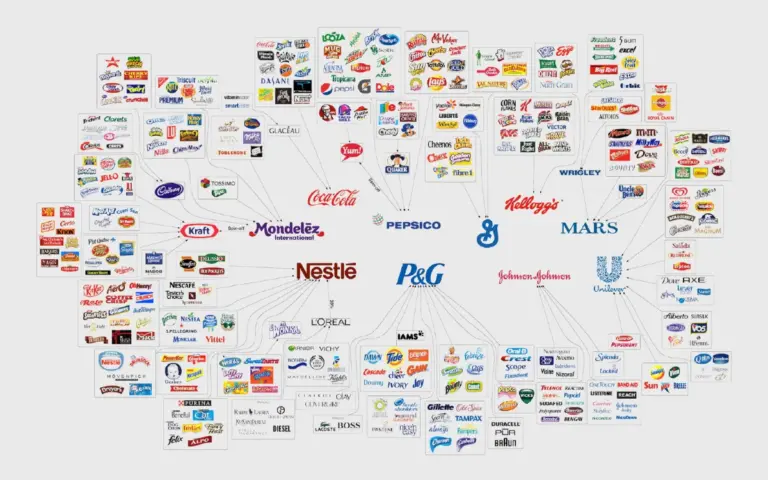The planned agricultural megadeal between Bunge and Glencore-backed Viterra has sparked worries among farmers and consumer groups, who fear it could lead to reduced competition and higher prices for consumers.
The $8.2 billion acquisition of Viterra by Bunge would create the world’s second-largest agribusiness company, with significant influence over grain markets and staple food products.
Critics argue that the deal could result in fewer alternatives for farmers to sell their crops and less competition among makers of basic foodstuffs and ingredients. They express concerns that Bunge’s increased control over ports and grain terminals may create bottlenecks in the agricultural-supply chain, potentially blocking other grain traders from export and import markets.
Joe Maxwell, Chief Strategy Officer for Farm Action, emphasizes the need for scrutiny by antitrust authorities to prevent the deal from negatively impacting competition. He highlights the potential risks associated with consolidating the operations of Bunge and Viterra, particularly in terms of farmers’ access to markets.
However, Bunge CEO Greg Heckman defends the acquisition, stating that incorporating Viterra’s operations will enhance the supply chain for buying and selling crops. He explains that Viterra’s extensive grain-distribution network in the U.S. and Canada can be utilized to support Bunge’s coastal ports for exports and processing plants for the production of vegetable oils, biofuel, and animal feed. Heckman also emphasizes that Bunge and Viterra operate in different locations and business segments, minimizing direct competition between them.
The consolidation of grain-trading and processing companies has raised concerns about market concentration.
The four major players in the global grain trading and processing market, known as the “ABCDs” (Archer Daniels Midland, Bunge, Cargill, and Louis Dreyfus), already control approximately 90% of the market, according to a report from the Agriculture Department.
Thomas Gremillion, Director of Food Policy for the Consumer Federation of America, suggests that the deal could harm farmers, consumers, and companies relying on specific commodities, such as plant-based food manufacturers.
More To Discover
- Another Vertical Farm Failure Isn’t News, Unless It’s Owned By Elon Musk’s Wealthy Brother
- Chipotle’s Investment in Cutting-Edge Agriculture and Fertilizer Tech Aims to Shed Greenwash Shadow
- Will Shrinking Corn Plants By Two Feet Transform the American Corn Industry? It’s Possible!
- The 10 Inventions That Grew Our Food Supply & Changed Farming Forever
He warns that reduced competition among buyers of farmers’ grain sales could lead to lower prices for farmers while increasing the costs of risk management or trading services. Eventually, this could result in higher food prices for consumers.
The Biden administration has demonstrated a commitment to challenging industry practices that harm competition.
In the agricultural sector, President Biden has criticized dominant meatpacking companies for their impact on beef processing and consumer prices. The administration has taken steps to address these concerns, including funding new meatpacking plants to increase competition in the industry.
The Bunge-Viterra deal is expected to face scrutiny from antitrust regulators, and regulatory approval will be necessary in various international markets. Analysts predict potential hurdles in Canada and Argentina, given the significant presence of Viterra’s processing and refining facilities in South America, mainly Argentina. Bunge also has a notable presence in South America, particularly in Brazil and Argentina.
As the regulatory process unfolds, Bunge aims to engage with regulators and ensure a transparent process. The company hopes for a swift resolution and believes the acquisition will strengthen its position in the market.
Overall, the planned agricultural megadeal has raised concerns about market concentration and its potential impact on farmers, consumers, and industry players. The outcome of the regulatory process will determine whether the deal proceeds and how it may reshape the agricultural landscape.






















